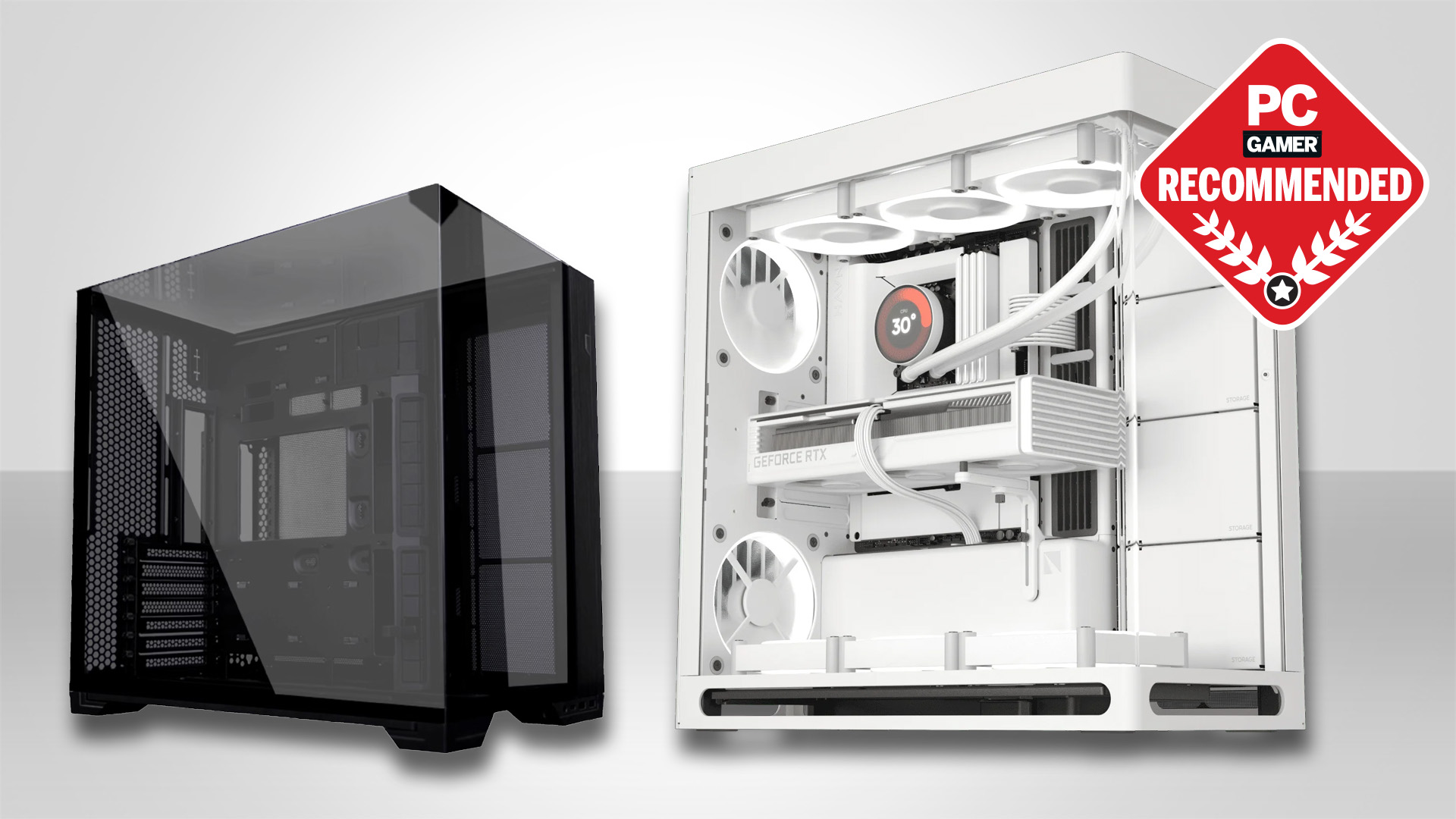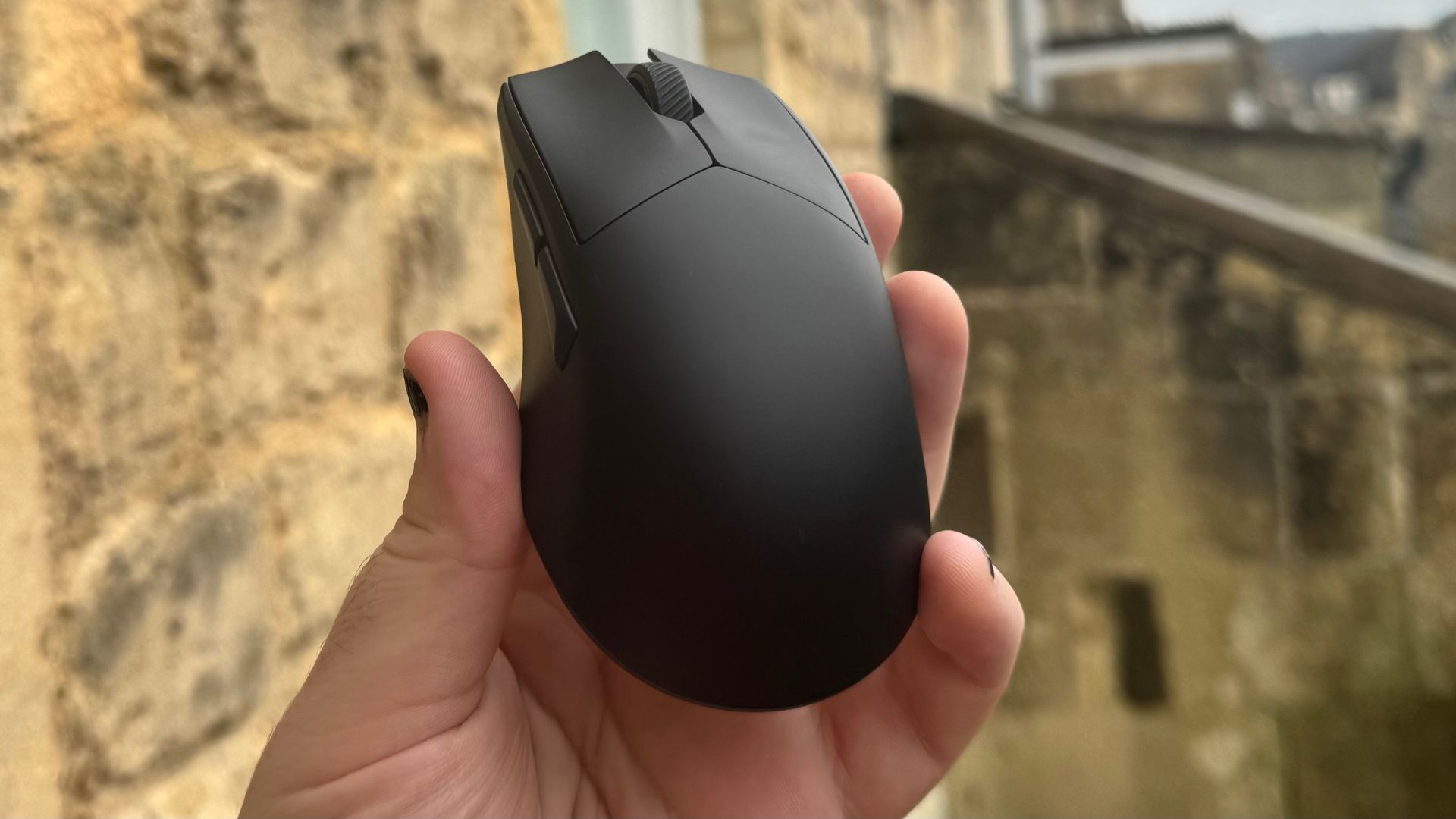Raising a digital digit to Nvidia, China reportedly set to ban foreign-made AI chips from state-funded data centers
Nvidia's hopes of returning to the Chinese market continue to dwindle.
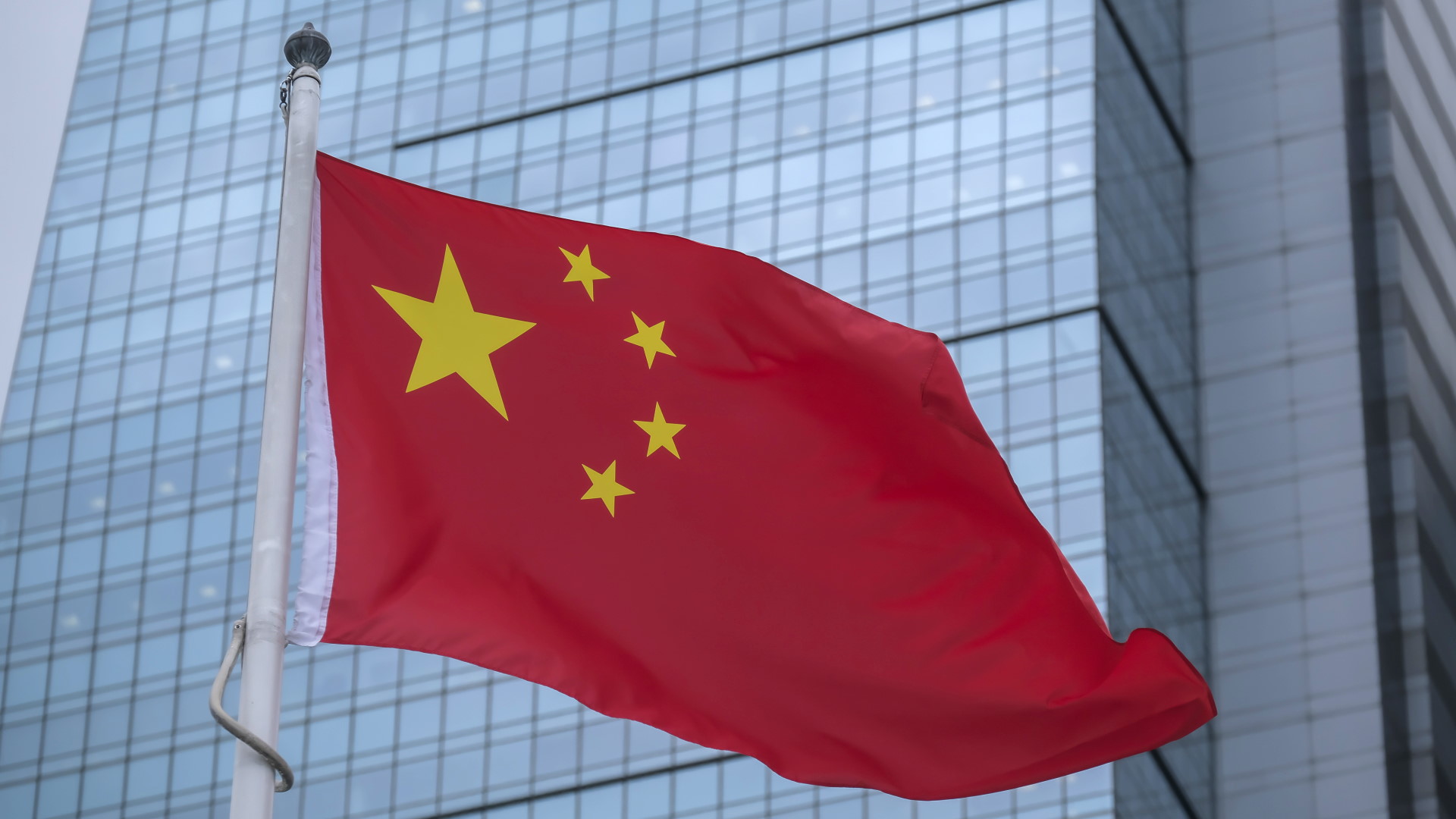
New data centre projects in China must use homegrown AI hardware going forward. According to Reuters, new government guidance will soon be passed down, apparently requiring state-funded data centres to only use AI chips manufactured domestically within China. Though data centre projects have drawn $100 billion in state funding since 2021, it is not yet clear how many will be affected by this decree.
It's China's latest bid to break away from US-made tech, and follows news back in August that data centre operators were being instructed to source at least 50% of their chips from domestic manufacturers. Now, data centres that are less than 30% complete are being instructed to remove already installed chips if they're foreign-made.
One facility in a northwestern province that planned to deploy Nvidia chips has allegedly already been suspended before even breaking ground as a result of the latest guidance. However, it's being decided on a case-by-case basis whether data centre projects at a more advanced stage can keep their foreign-made chips.
Reuters' sources say it's not yet clear if this guidance will be a nationwide decree, or only apply to certain provinces. It's also not yet clear which regulatory body within the Chinese government is issuing the order. Though Reuters reached out directly to both The Cyberspace Administration of China and the National Development and Reform Commission for comment, neither body responded.
When it comes to the AI arms race, both China and the US have been drawing lines in the sand for some time. Most recently, US president Donald Trump said in an interview with CBS's 60 Minutes that "We will not let anybody have [the most advanced AI chips] other than the United States."
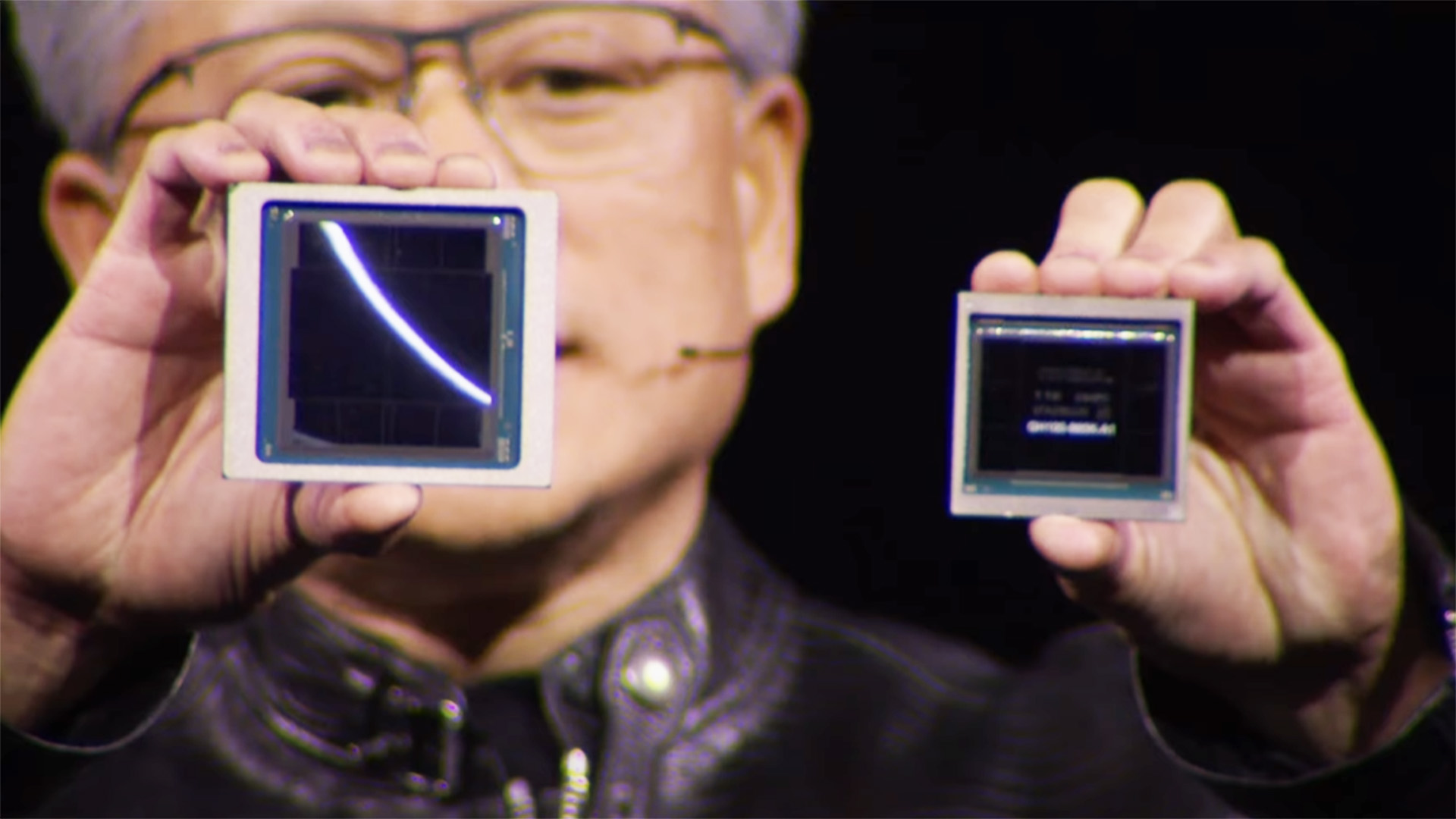
These comments, coupled with China's latest data centre edict, may have come as a surprise considering recent news that the US and China had agreed on a one-year trade truce. It's important to note that the AI Blackwell chips made by Nvidia—a US-based company whose business in China has apparently gone "from 95% market share to 0%" due to recent trade and tariff tribulations—were not part of these recent negotiations.
Reuters reports that the latest data centre guidance does also cover Nvidia's H20 chips, the most powerful AI chips the company is allowed to sell in China. This follows news from September of a number of Chinese tech firms banned from buying these very chips. Nvidia CEO Jensen Huang said at the time, "We can only be in service of a market if the country wants us to be. I'm disappointed with what I see."
Keep up to date with the most important stories and the best deals, as picked by the PC Gamer team.
Back then, Huang went on to say more hopefully, "But they have larger agendas to work out between China and the US, and I'm understanding of that. We are patient about it." Unfortunately, it appears those hopes may soon be properly dashed.
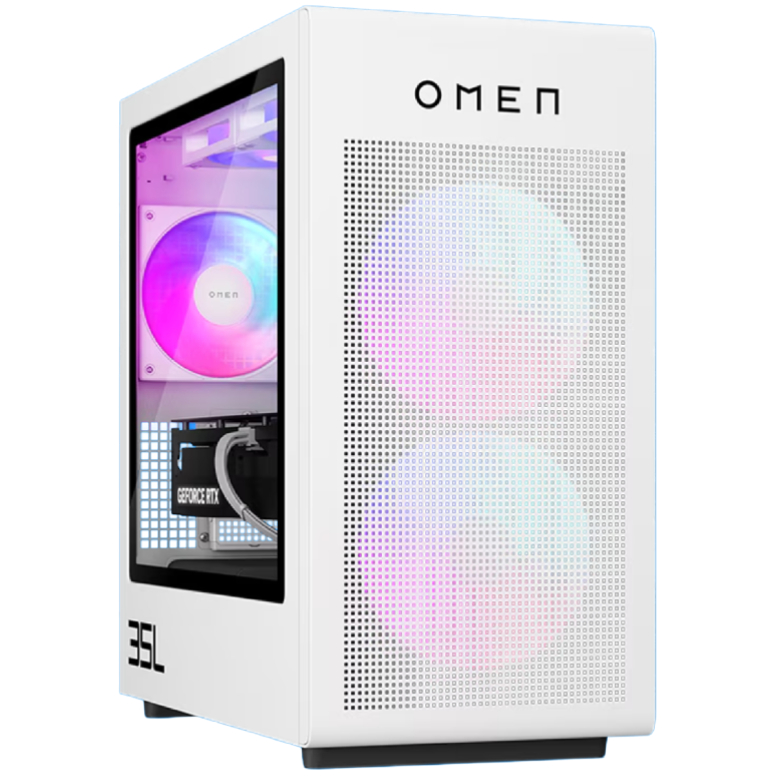
1. Best overall:
HP Omen 35L
2. Best budget:
Lenovo Legion Tower 5i
3. Best high-end:
Corsair Vengeance A7500
4. Best compact:
Velocity Micro Raptor ES40
5. Alienware:
Alienware Area-51
6. Best mini PC:
Minisforum AtomMan G7 PT

Jess has been writing about games for over ten years, spending the last seven working on print publications PLAY and Official PlayStation Magazine. When she’s not writing about all things hardware here, she’s getting cosy with a horror classic, ranting about a cult hit to a captive audience, or tinkering with some tabletop nonsense.
You must confirm your public display name before commenting
Please logout and then login again, you will then be prompted to enter your display name.
